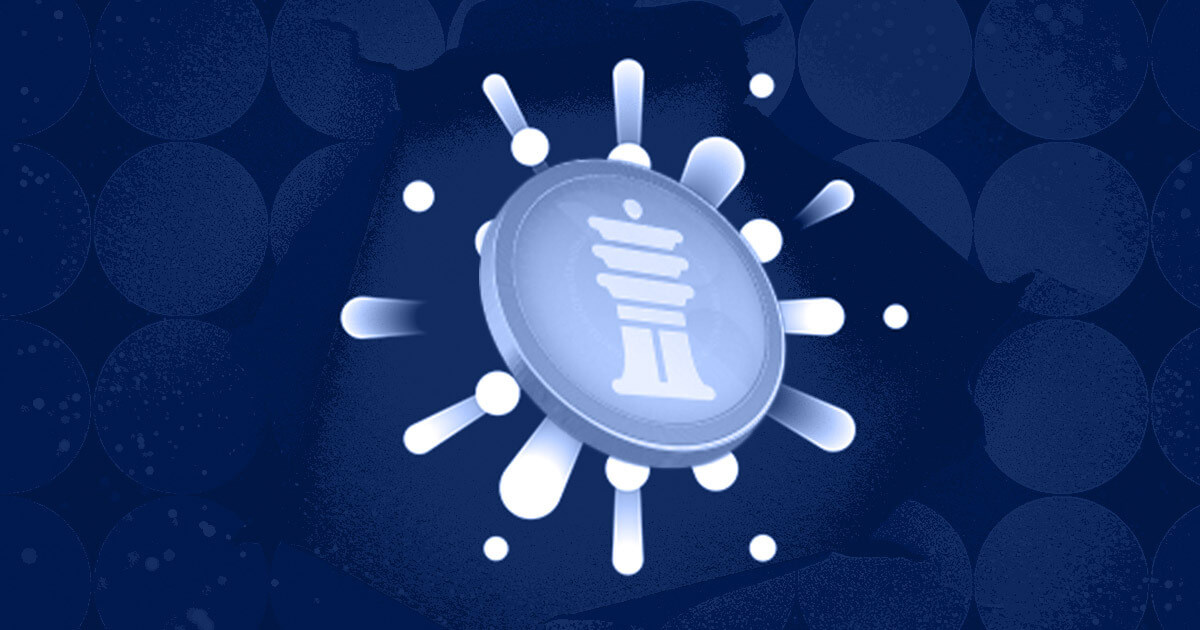
Payment solutions firm COTI has launched its Djed stablecoin public testnet for the Cardano chain.
“We are excited to announce that after months of intense work along with the Cardano team, the public Testnet version of Djed is now released!”
Stablecoins are a vital aspect of the cryptocurrency ecosystem. By moving into a stablecoin, users can reduce their volatility risk exposure. Similarly, holding stablecoins allows users to jump back in quickly.
In short, by bridging cryptocurrencies with other assets, such as the dollar, gold, or even other cryptocurrencies, stablecoins offer more seamless transacting.
Stablecoins vying for the top spot
As the Cardano ecosystem develops, so does the need for Cardano-based stablecoins. The key contenders in this space are LiqwidX, ADADAO, and Djed.
The latest technical update from LiqwidX shows a string of technical implementations, such as DemandBatch scripts and MarketMain scripts completed.
But no firm dates on testnet or mainnet are known at this time. The LiqwidX roadmap gives a Q2 2022 testnet date, with the mainnet launch expected sometime in Q3 2022.
ADADAO pitches itself as the world’s first interest-free stablecoin protocol, meaning it facilitates interest-free borrowing. The ADADAO website states the AUSD stablecoin is “coming soon.”
The latest technical update shows the completion of numerous programming tasks, including “endpoint testing.” However, progress also includes the finalization of the front page design.
A tweet from ADADAO confirms the commencement of protocol testing “on simulation mode” soon. It’s unclear whether simulation mode refers to a private testnet.
The Djed testnet is a big step forward for the Cardano ecosystem
Beating LiquidX and AUSD to the (testnet) punch is Djed, which describes itself as a “decentralized, algorithmic stablecoin that is built on Cardano.”
Algorithmic stablecoins achieve price stability and circulating supply balance through pegging to a reserve asset. In Djed’s case, the reserve asset is the Shen token. Through the Shen token, fluctuations in the price of ADA are offset by Shen covering shortfalls and guaranteeing the collateralization rate.
Testers have reported several types of error messages when using the public testnet. This includes “invalid collateral type” and “unavailable request” errors.
COTI said it fully expects the discovery of technical faults at this stage. But assured users that all faults will be rectified for June’s mainnet launch.
The testnet environment will only use test ADA and run via the Nami wallet. You can take part by following the instructions in this link.
This news is republished from another source. You can check the original article here



